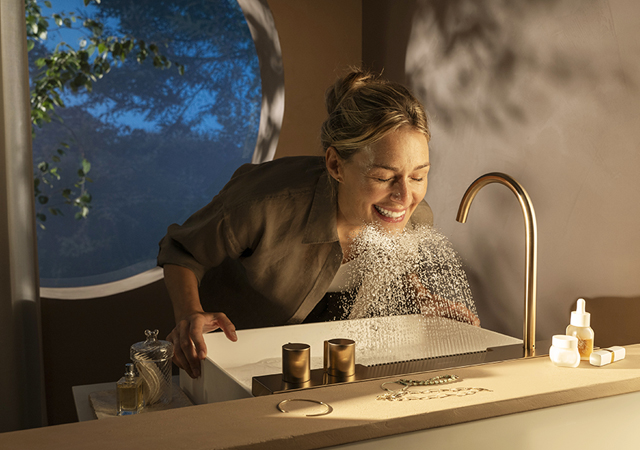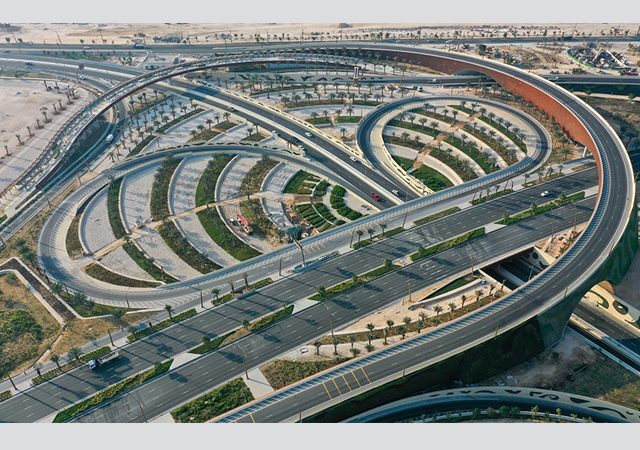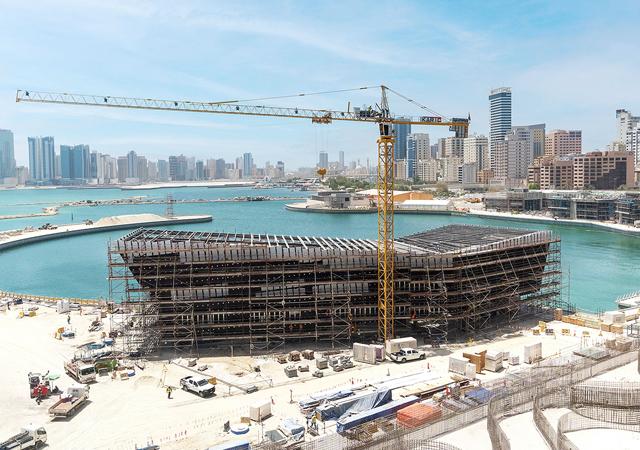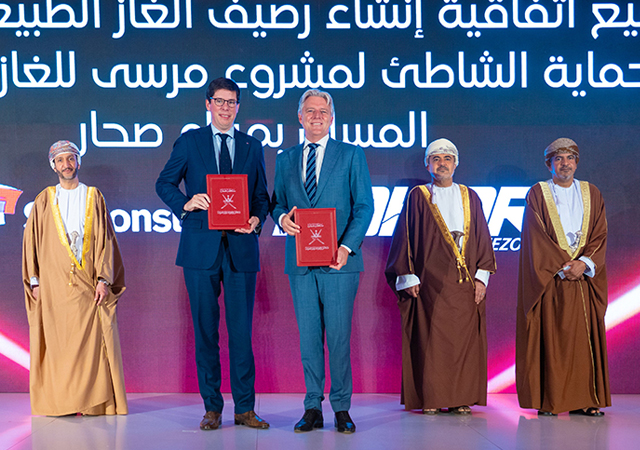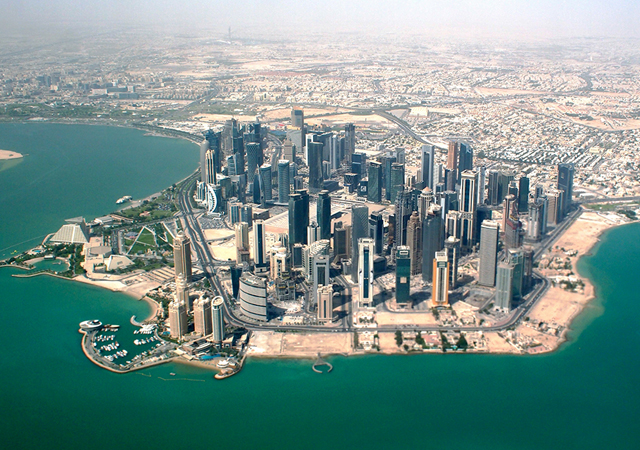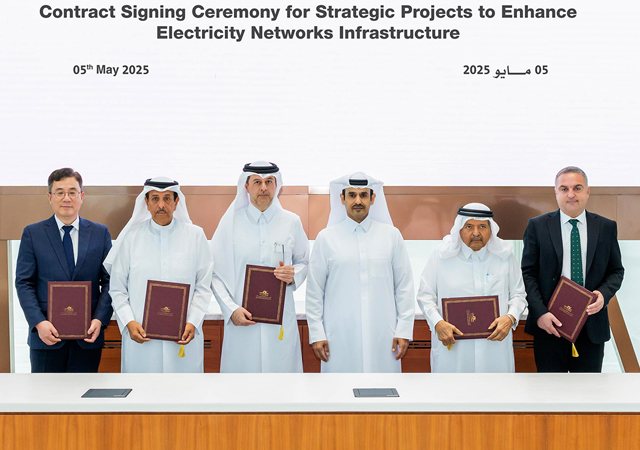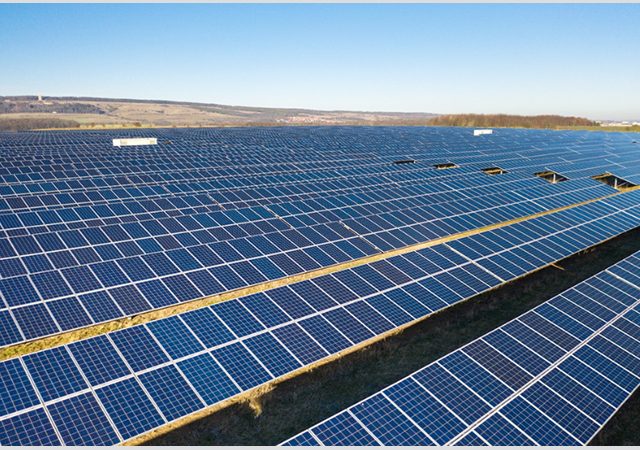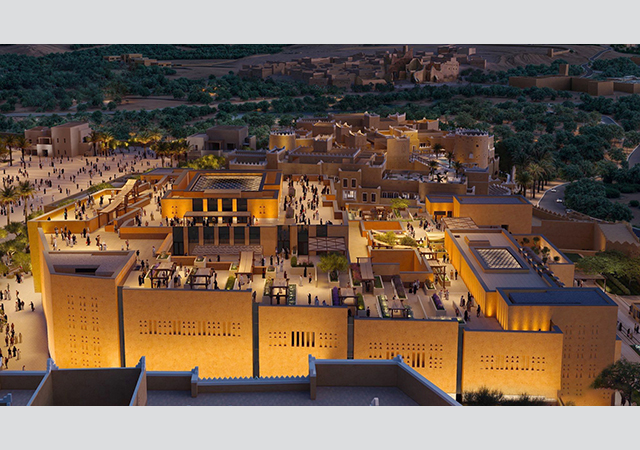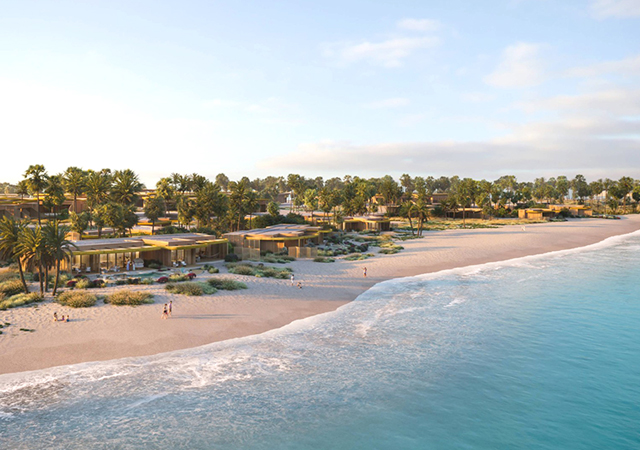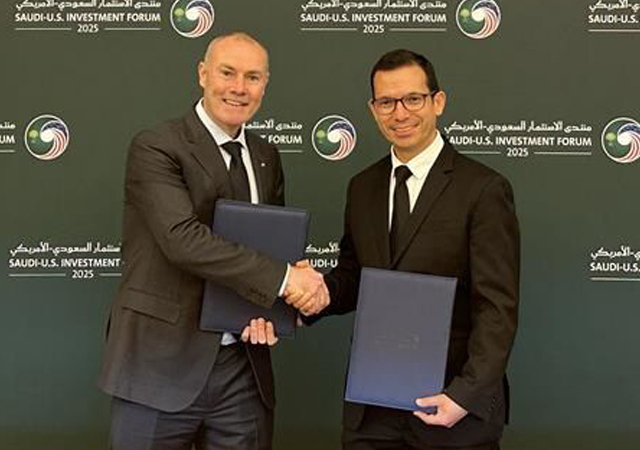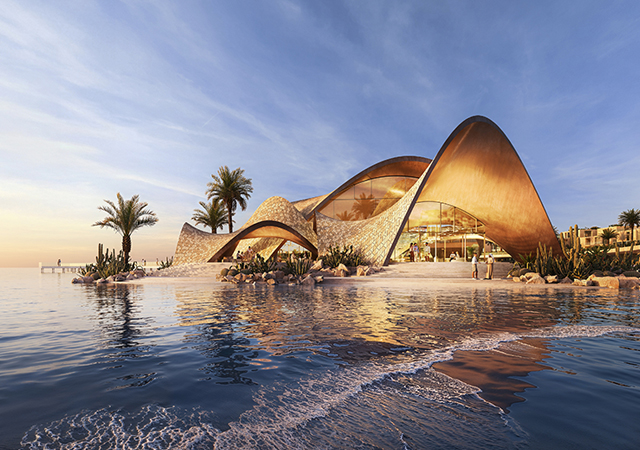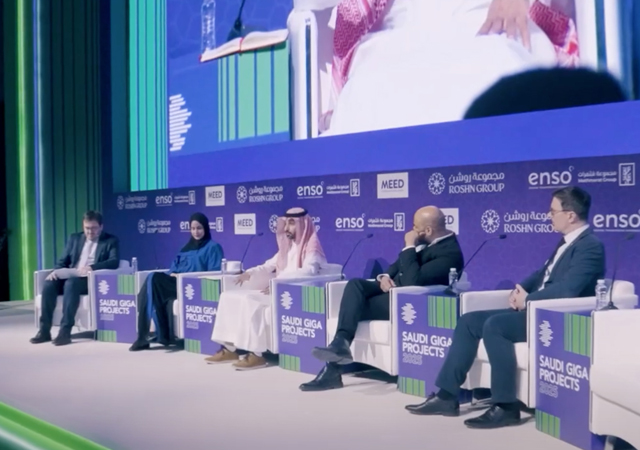
 Bramham ... security.
Bramham ... security.
THE Gulf is known for its striking architecture, groundbreaking builds and constructions that test the boundaries of materials and engineering.
It seems fitting that the fire equipment chosen to protect these unique structures should be equally innovative and, most importantly, flexible enough to suit the one-of-a-kind needs these buildings present.
Any installer who has worked on this type of project knows the freedom to choose the right combination of fire panels and detectors can be severely hampered by the constraints of closed/managed protocol.
In recognition of this, the UK-based Apollo Fire Detectors has been leading the way in simplifying how the industry works. Its products ensure clients have the freedom to choose a system suitable for any build and any environment – including the challenges presented by the Gulf’s climate. The company aims to provide systems that minimise the risk of false alarms and ultimately give the end-user confidence that they will protect property and lives in the best way possible. This is all thanks to Apollo’s digital open protocol approach because the company is well aware that it’s hard to achieve these end results if device and panel choice is restricted.
What does ‘protocol’ mean? Protocol is the ‘language’ that is used by intelligent fire detection devices to communicate with each other. Some manufacturers don’t disclose the nature of their protocol to anyone else because they offer a complete system. The protocol is therefore said to be ‘closed’. Others, like Apollo, publish and share their protocol with their panel partners – of which there are over 70 – to design and develop compatible products. This is referred to as ‘open’ protocol.
An open protocol system is supported by a number of manufacturers, thereby offering greater choice and making upgrading or replacing products easy. In addition to its open protocol approach, Apollo’s product range is also suited to the unrivalled structures that can be found in the Gulf.
 |
|
XPander ... Apollo’s wireless intelligent detector range. |
XPander is Apollo’s wireless intelligent detector range suited for installations where wiring presents a challenge or a building’s design will be negatively affected by the use of cables. The range also has the benefit of being certified to a number of worldwide approvals including EN54-25, LPCB (Loss Prevention Certification Board) and CPD (Continuing Professional Development). As part of Apollo’s commitment to providing reliable, quality fire-detection products, the company offers a 10-year guarantee on all products, including XPander.
Apollo also offers ranges that are suited to the thriving offshore industry in the Gulf. Orbis Marine offers a wealth of features to save time, enhance reliability and reduce false alarms within this environment. These include drift compensation, DirtAlert (a feature that warns service engineers via a flashing yellow LED that detectors need maintenance); and Apollo’s patented FasTest, a procedure that takes just four seconds to test smoke detectors and confirm that they are functioning correctly. In addition, the range has a humidity tolerance at up to 98 per cent RH and an operating temperature of minus-40 deg C to plus-70 deg C.
Costs
Whether updating an established system on a rig offshore, or planning to install a system in a new leisure facility, the purchase price of the system represents only a small proportion of the true cost of ownership. Apollo believes it is important that the system specification and costs should be presented in life cycle performance terms rather than just design detail.
It’s clear that performance and reliability is key when choosing a system for any build. But when money starts to enter the equation, it is vital to look at the total cost of ownership (TCO) and not just the purchase price. TCO includes all of the additional costs required to support and maintain the system purchased for its useful life, meaning end-users won’t find themselves with hefty bills simply to keep a system running. These simple questions will help users get to the heart of this issue:
• What is the manufacturer’s upgrade policy?
• Will they maintain product backwards and forwards compatibility?
• Can the system maintenance be carried out by any competent third party?
• If yes, what knowledge, protocols, equipment, software passwords, etc are required?
• What is the cost of maintenance for year one to year 10?
• What is the cost of replacement parts (detectors, etc) for year one to year 10?
• What are the labour rates for service and callouts?
System maintenance can be an expensive part of TCO. Apollo recognises the importance of guaranteeing products for their recommended working life so all its fire-detection products are covered for 10 years (carbon monoxide detectors for five years) – the average lifetime of these products. The company hopes that this will set a precedent for others to follow, so that product lifetime information is freely available in future to specifiers and users.
Apollo believes that specifying for a fire-detection system, even for the pioneering builds that are a signature of the region, shouldn’t be complicated, restrictive or costly. With its lifetime guarantee and open protocol, it isn’t.


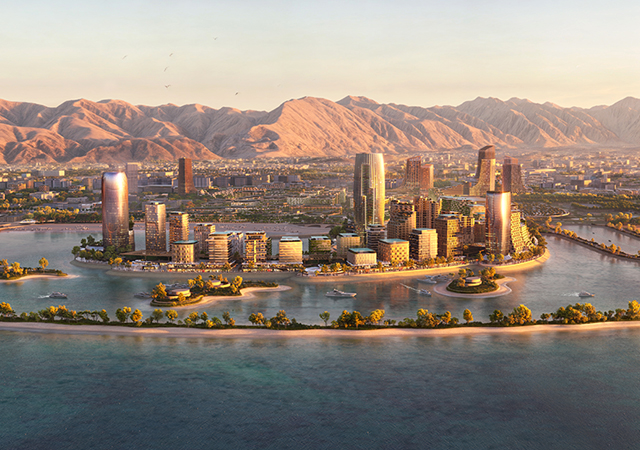

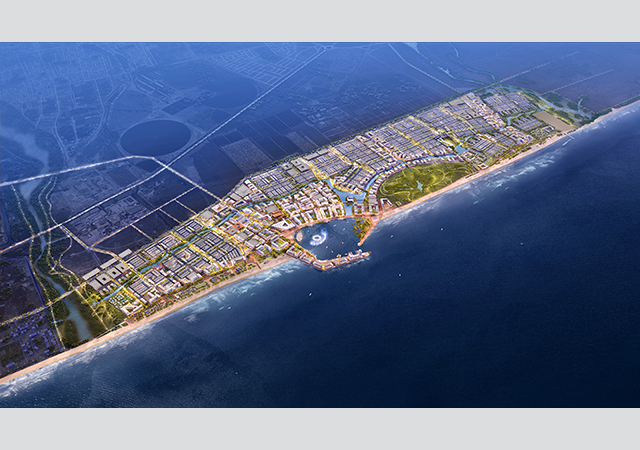
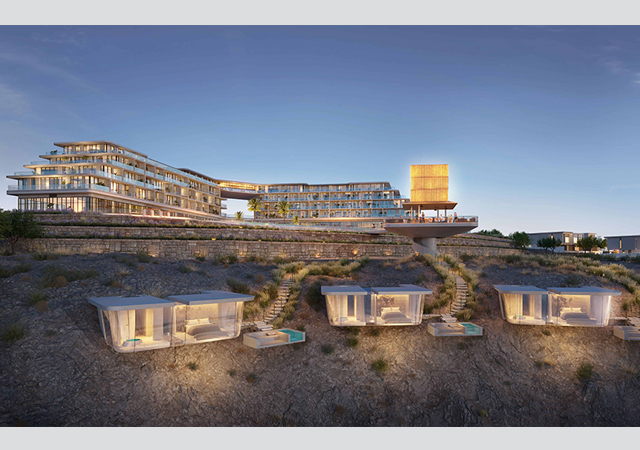
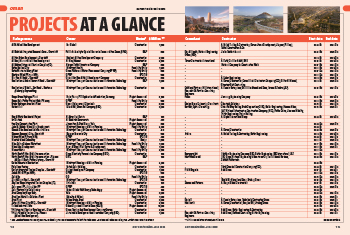

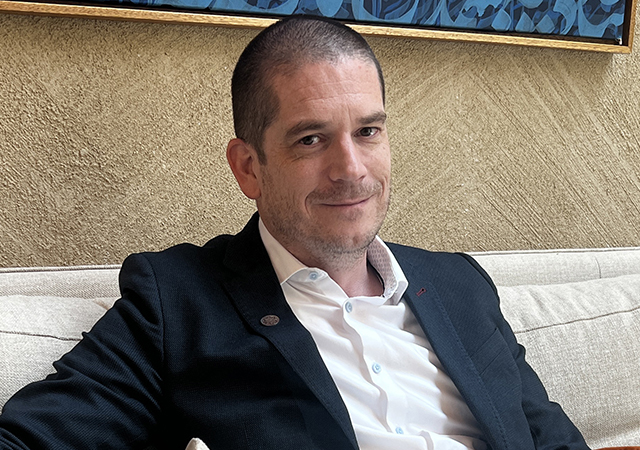

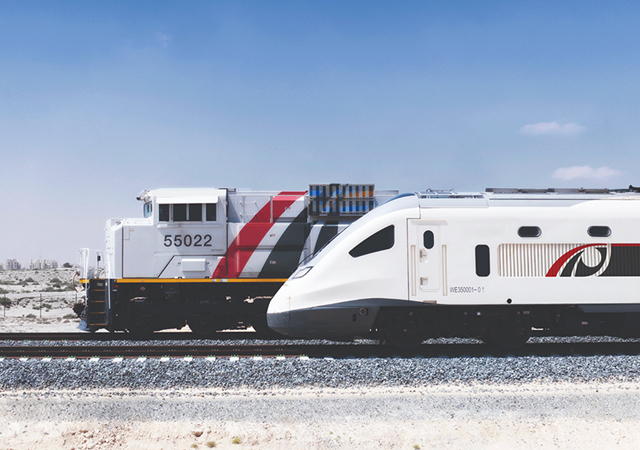
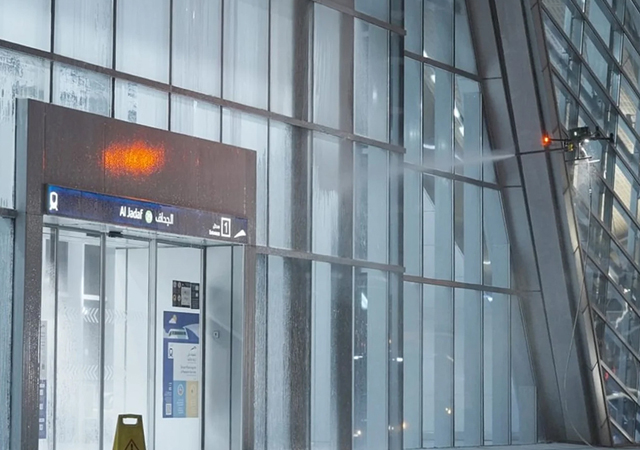
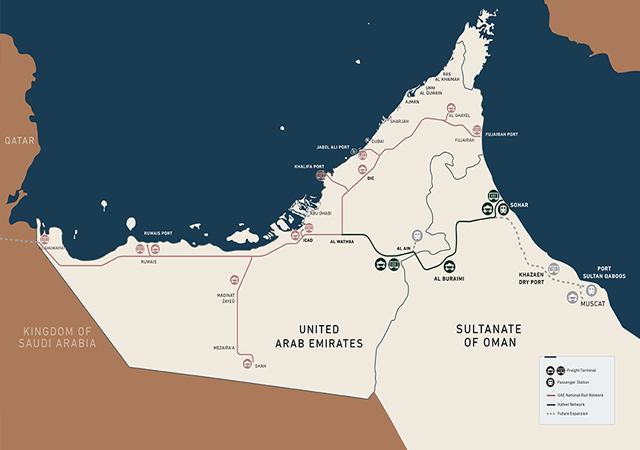
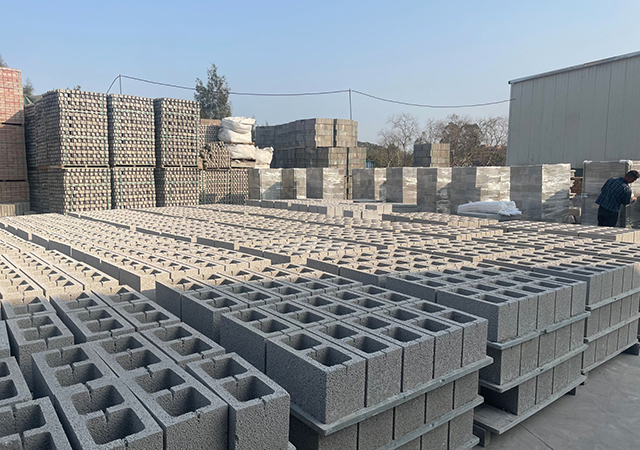
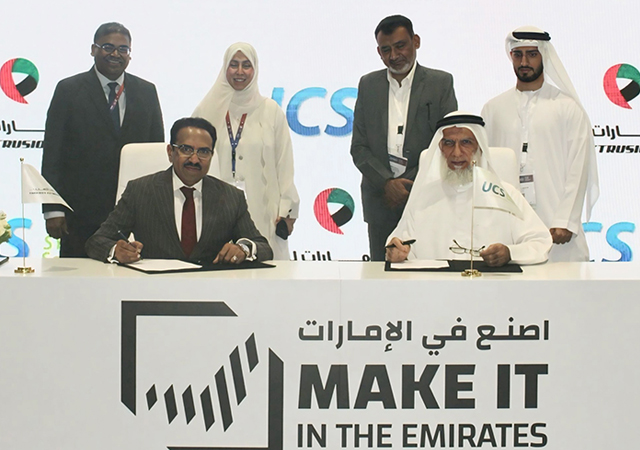

.jpg)
.jpg)
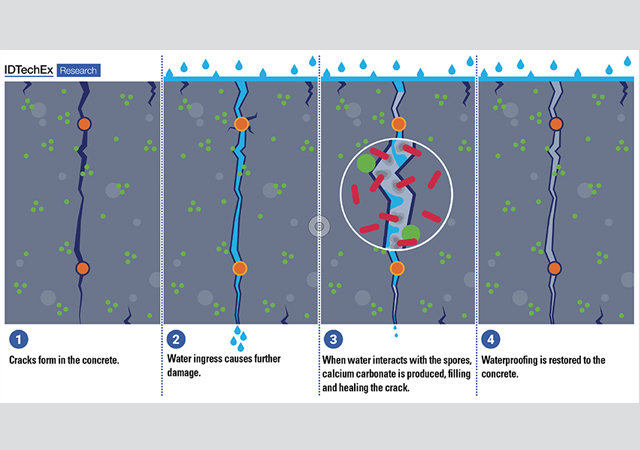
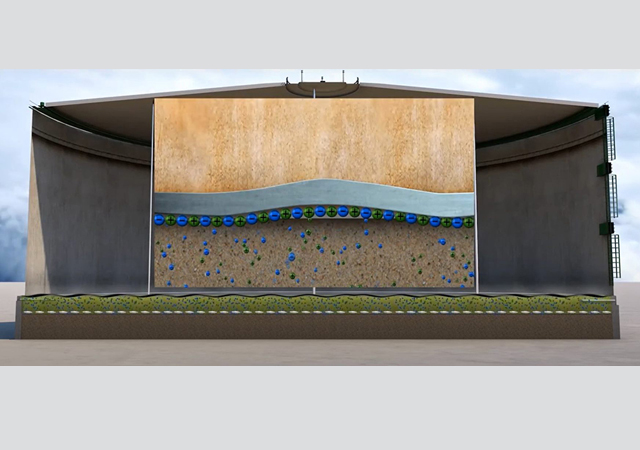
.jpg)
.jpg)
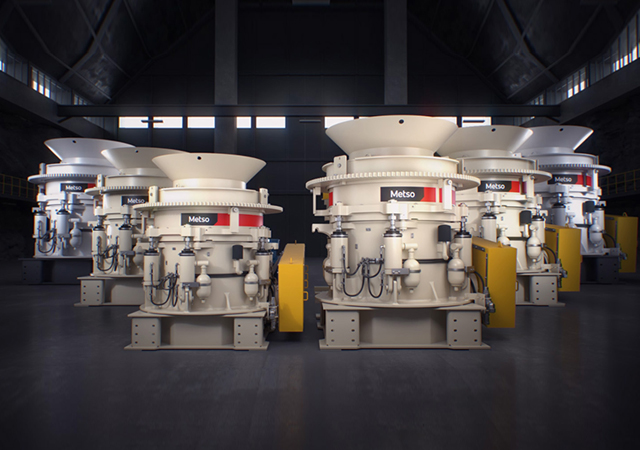
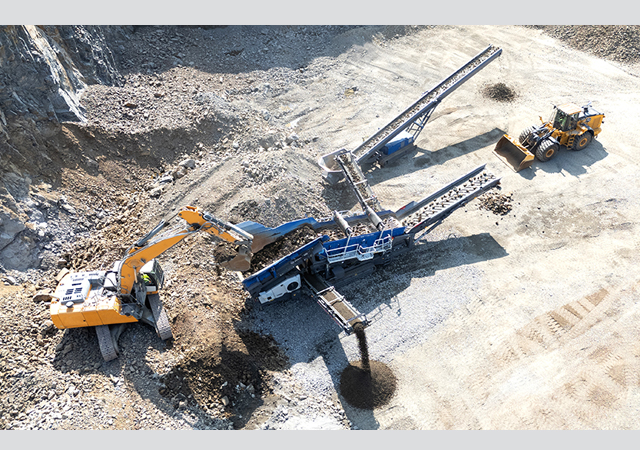
.jpg)
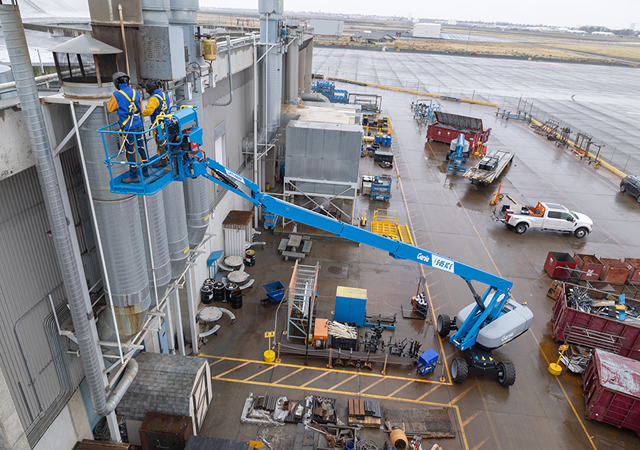
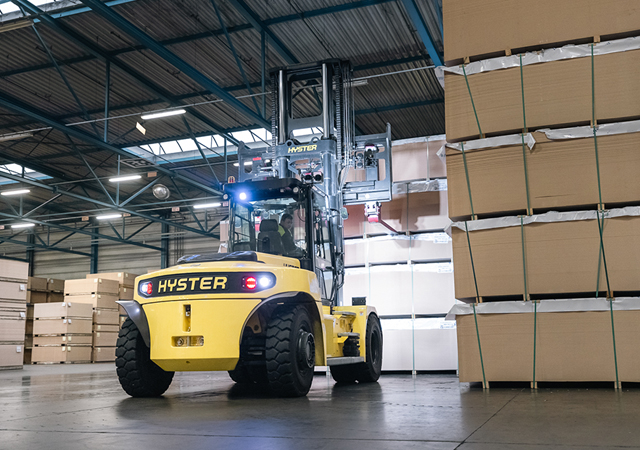
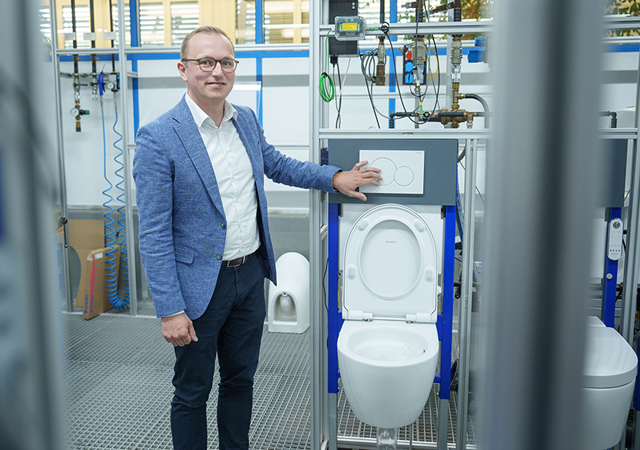
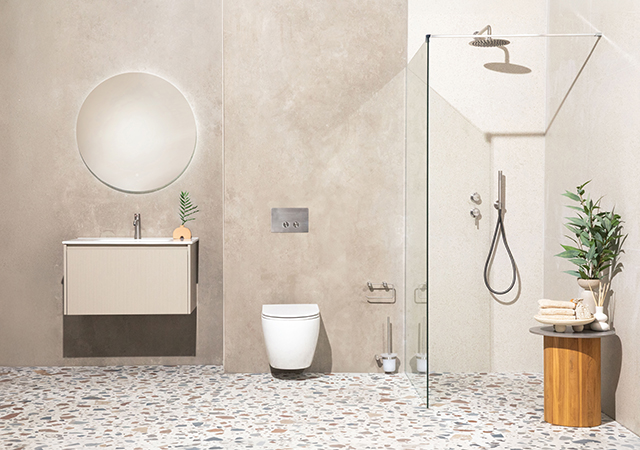
 Doka.jpg)
